Xi Jinping: No One Can Stop China’s Reunification with Taiwan
In a bold and assertive statement, Chinese President Xi Jinping has reaffirmed Beijing’s position on Taiwan, declaring that “no one can stop China’s reunification with Taiwan.” This remark, delivered during a significant political address, comes amid increasing tensions between China and Taiwan, as well as heightened international scrutiny. It marks another escalation in the ongoing dispute over Taiwan’s political status and its future relationship with the mainland.
Taiwan, officially known as the Republic of China (ROC), has been self-governed since 1949, when the Nationalist government retreated to the island following its defeat by the Communists in the Chinese Civil War. While Taiwan operates as a separate entity with its own government, military, and economy, Beijing views the island as a breakaway province and has consistently expressed its goal of reunification, by force if necessary. Xi Jinping’s latest remarks continue this long-standing policy, reinforcing China’s determination to regain control of Taiwan.
The Context of Xi Jinping’s Statement
Xi’s statement comes at a time of increasing global focus on the Taiwan issue. In recent years, Taiwan has garnered more international attention, particularly with growing support from the United States and other Western allies, which have expressed a commitment to defending Taiwan’s democracy and sovereignty. Beijing, however, sees this support as interference in its internal affairs, further fueling tensions.
The Chinese government has maintained that Taiwan’s reunification with the mainland is an inevitable historical process. According to Beijing, the unification of Taiwan and China would complete what it refers to as the “great rejuvenation of the Chinese nation.” Xi Jinping’s remarks emphasize that the Communist Party views the Taiwan issue as central to China’s national pride and its future development, making it a non-negotiable matter for the leadership.
Taiwan’s Political Landscape
Taiwan’s political climate is starkly different from that of the mainland. While the People’s Republic of China (PRC) under Xi Jinping is an authoritarian one-party state, Taiwan operates as a democratic society with regular elections and a free press. Its current leadership, under President Tsai Ing-wen, has been firm in its stance that Taiwan will not be forced to reunify with China. President Tsai and the Democratic Progressive Party (DPP) have worked to strengthen Taiwan’s international presence and security, particularly in light of growing Chinese military aggression and assertiveness in the region.
The Taiwanese public is deeply divided on the issue of reunification, with a significant portion of the population favoring the status quo of de facto independence, while others remain open to the idea of reunification under certain conditions. However, the overwhelming majority reject the concept of one-country-two-systems, a model Beijing has proposed for Taiwan, citing concerns about the erosion of freedoms and autonomy as seen in Hong Kong after its 1997 handover to China.
Rising Tensions: Military Posturing and Diplomacy
Xi Jinping’s statement comes against the backdrop of rising military tensions around Taiwan. Over the past few years, China has significantly increased its military presence near Taiwan, with frequent incursions into Taiwan’s airspace and maritime territory. In response, Taiwan has bolstered its defense capabilities, with support from the United States in the form of arms sales and strategic partnerships.
The U.S. has a long-standing policy of providing Taiwan with the means to defend itself, although it maintains a policy of “strategic ambiguity,” meaning it does not explicitly commit to military intervention in the event of a Chinese attack. However, the U.S. has repeatedly signaled its opposition to any forceful attempt by China to alter Taiwan’s status, including through arms sales, diplomatic support, and military cooperation.
This military posturing and the rhetoric from both sides have led to a significant increase in tensions in the Indo-Pacific region, with many analysts expressing concerns about the potential for miscalculation that could lead to open conflict. The presence of U.S. military assets in the region and China’s growing capabilities, including advanced missile systems and naval forces, has made Taiwan a flashpoint in the broader geopolitical struggle between China and the West.
The International Community’s Response
Xi Jinping’s assertion that “no one can stop China’s reunification with Taiwan” has drawn widespread reactions from the international community. Western powers, including the United States and European Union, have expressed strong support for Taiwan’s democracy and its right to determine its own future. Many countries have also condemned China’s increasing military pressure on Taiwan, calling for peaceful resolution and dialogue.
The U.S. has been particularly vocal in its support of Taiwan, with President Joe Biden reiterating America’s commitment to defending Taiwan, although he has not provided explicit details about how this would manifest in the event of an armed conflict. Despite the U.S. policy of strategic ambiguity, there is an underlying understanding that any Chinese attempt to forcibly reunite Taiwan with the mainland would provoke significant geopolitical consequences.
China, however, continues to assert that Taiwan is an internal matter and has warned foreign powers, particularly the U.S., not to interfere. Beijing has repeatedly warned that it will take whatever steps necessary to prevent Taiwan from formally declaring independence and that any such move would result in military action. The Chinese government has also warned that foreign support for Taiwan’s independence would only delay the reunification process but would not stop it.
Economic and Strategic Considerations
The economic stakes in the Taiwan issue are enormous. Taiwan is a global leader in semiconductor manufacturing, with companies like Taiwan Semiconductor Manufacturing Company (TSMC) controlling a significant portion of the world’s supply of advanced microchips. These chips are critical to a wide range of industries, including technology, automotive, defense, and telecommunications. A conflict over Taiwan could have severe implications for the global economy, especially in sectors that rely on Taiwanese-made components.
China’s economy, which has been growing at a rapid pace over the past few decades, has become increasingly integrated into the global economy. Beijing has acknowledged the economic risks that a military conflict over Taiwan would pose, but it is also clear that the Chinese government views Taiwan as integral to its national interests, both politically and strategically. The possibility of China achieving its goal of reunification through peaceful means remains a subject of international debate, with many hoping that dialogue and diplomacy will eventually resolve the dispute.
The Future of Taiwan’s Status
The future of Taiwan’s status remains uncertain. While Xi Jinping’s statement underscores China’s unyielding stance on reunification, the situation is far from straightforward. The Taiwanese people’s desire for autonomy, the democratic nature of their political system, and their strong resistance to Chinese rule pose significant obstacles to any attempt by Beijing to impose reunification.
Taiwan’s leaders have reiterated that they will not bow to external pressure or coercion and will continue to safeguard their sovereignty. At the same time, the global community remains divided on how best to manage the situation. Some advocate for a peaceful resolution through dialogue, while others emphasize the importance of strengthening Taiwan’s defense capabilities and international support.
In Conclusion
Xi Jinping’s declaration that “no one can stop China’s reunification with Taiwan” serves as a powerful reminder of the centrality of the Taiwan issue to China’s political agenda. While Beijing remains firm in its goal to reunify Taiwan with the mainland, Taiwan’s sovereignty and its democratic system present significant challenges to this ambition. As tensions continue to rise, the world watches closely, hoping for a peaceful resolution but preparing for the possibility of escalating conflict.
The future of Taiwan is uncertain, and its fate will play a pivotal role in shaping the future of East Asia and global geopolitics. As the U.S. and other powers maintain their support for Taiwan’s right to self-determination, the question remains: can Taiwan preserve its autonomy, or will China eventually succeed in its pursuit of reunification? Only time will tell.
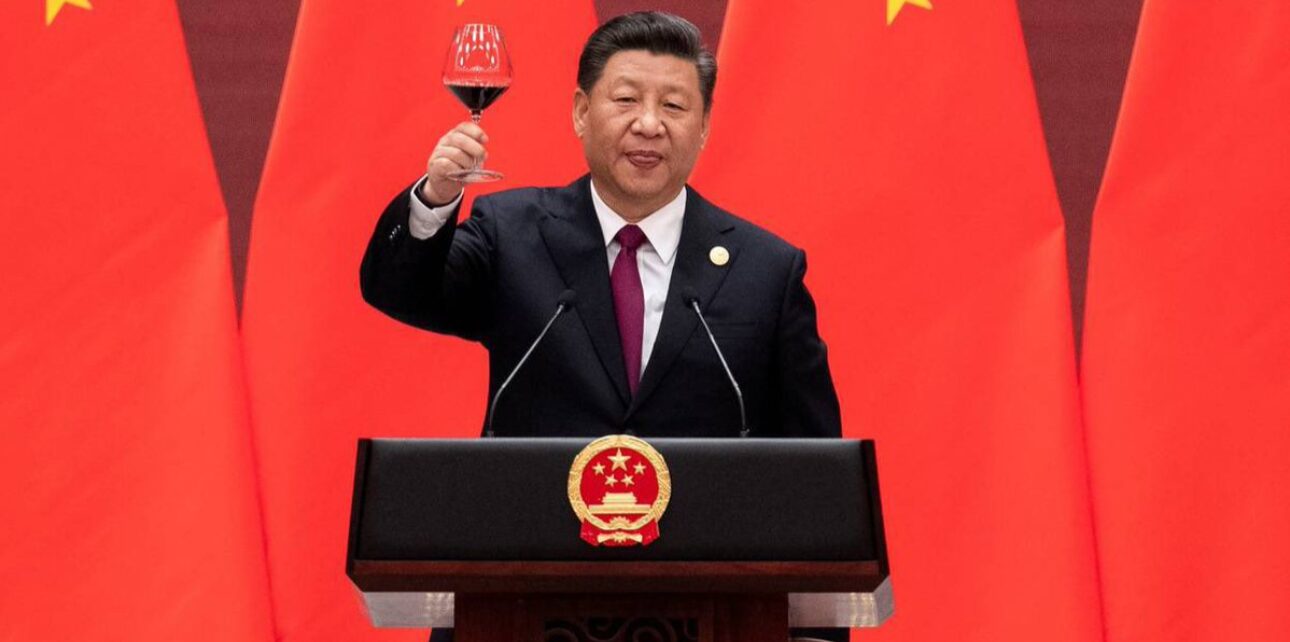
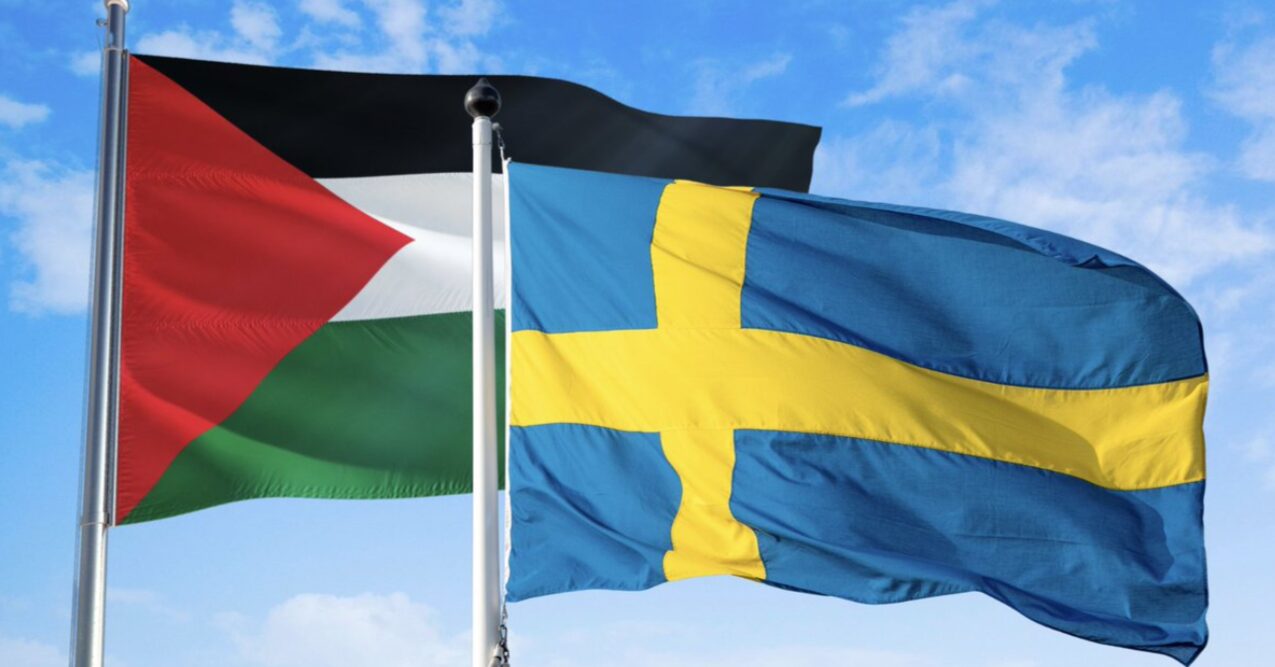

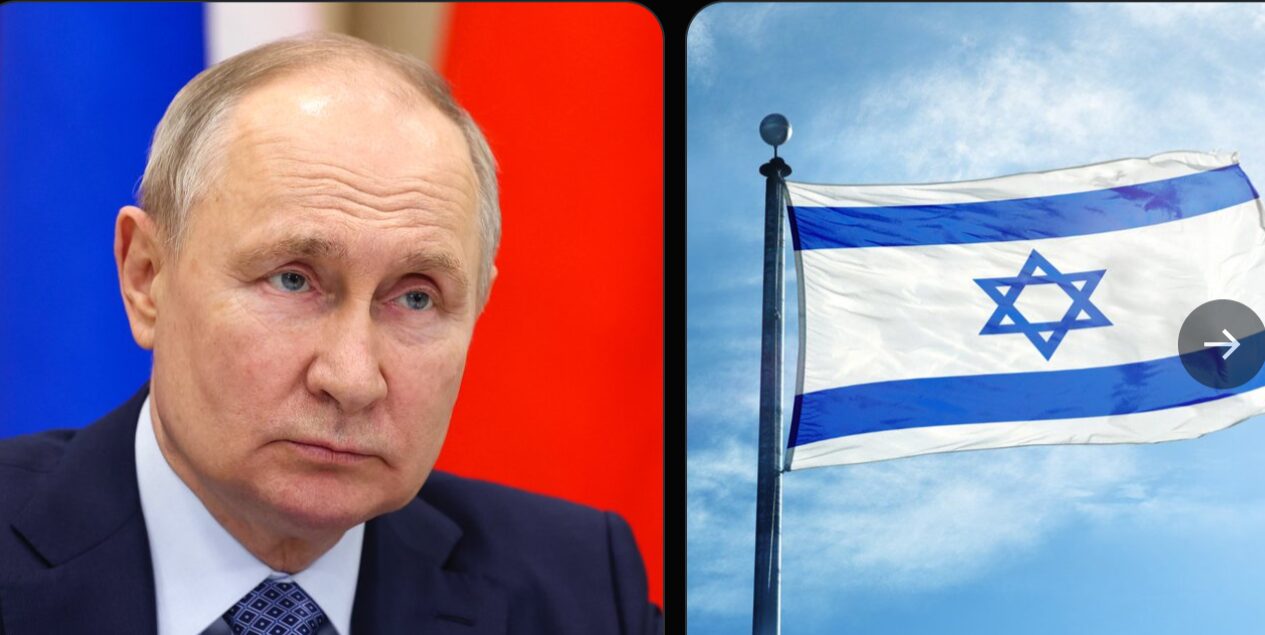
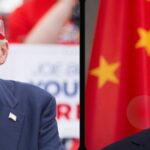
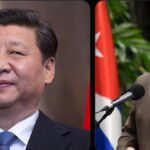
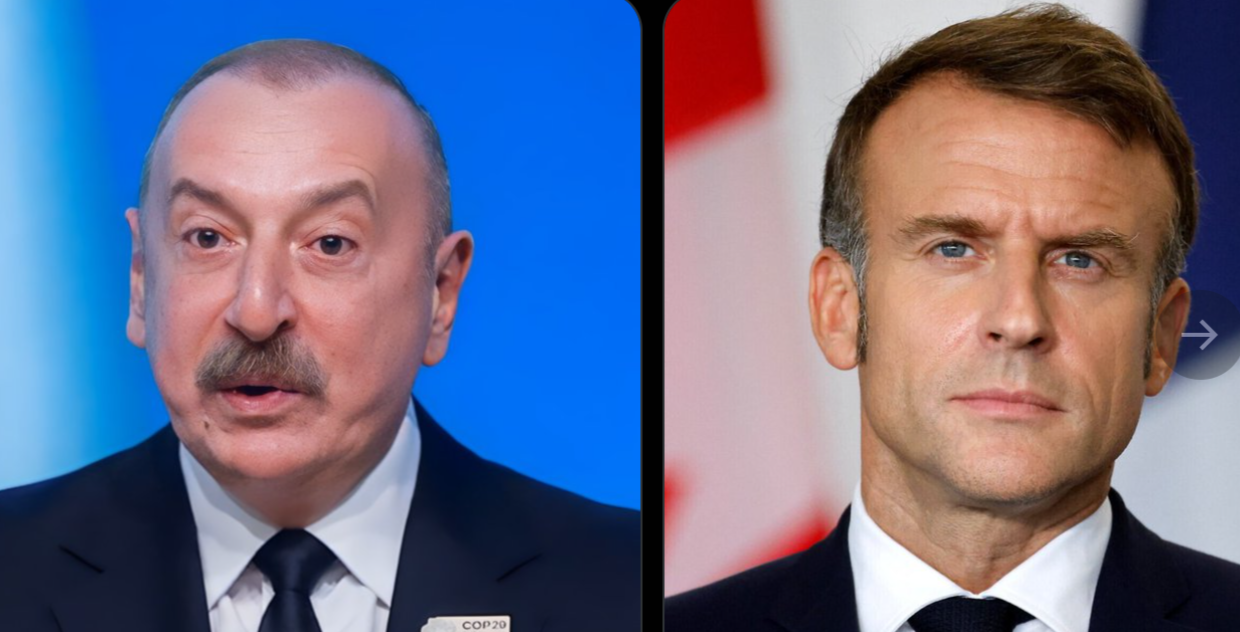
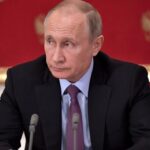









Post Comment